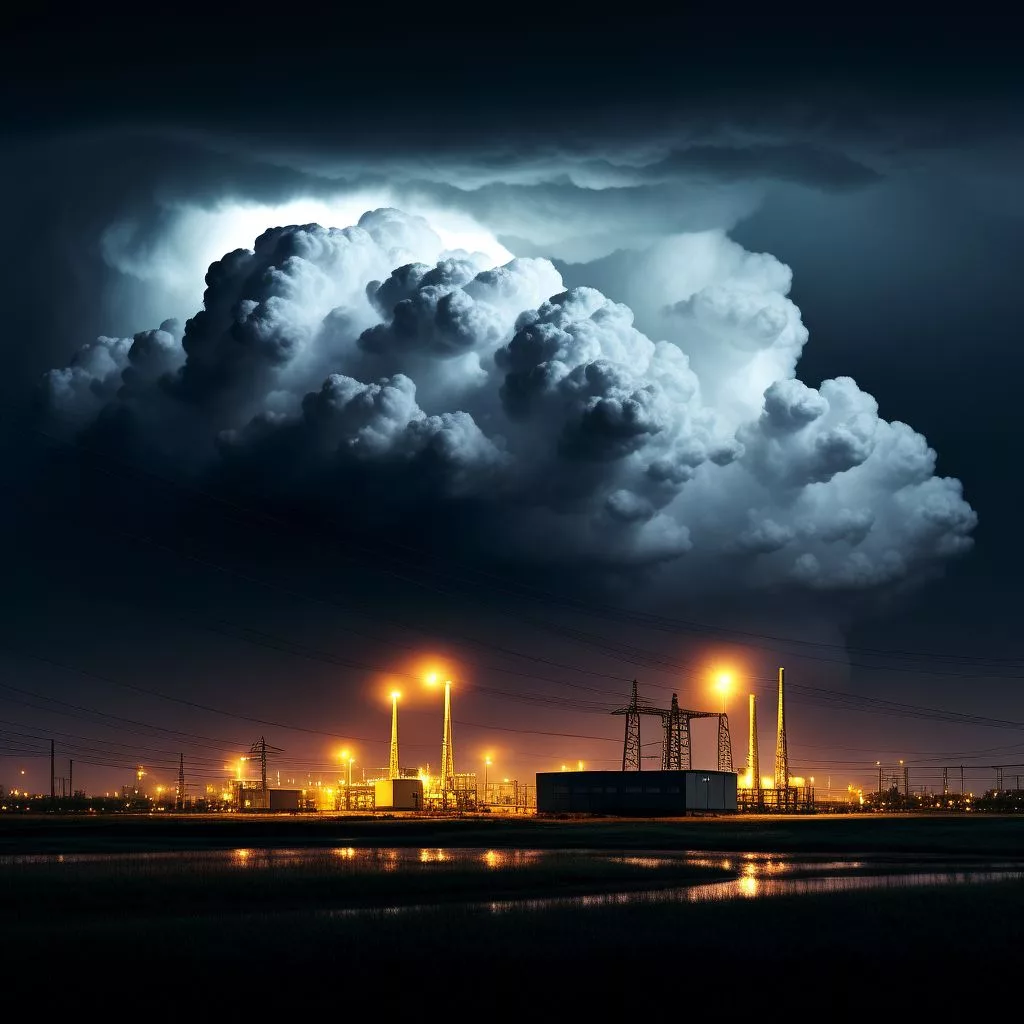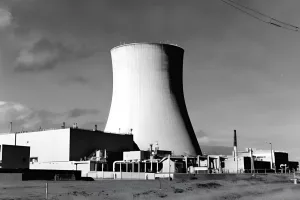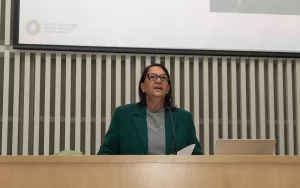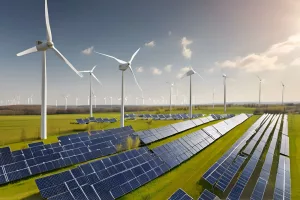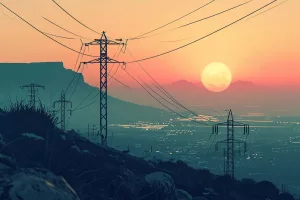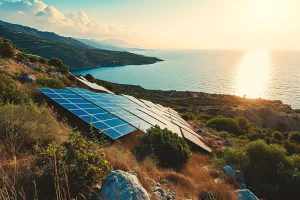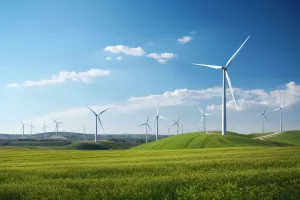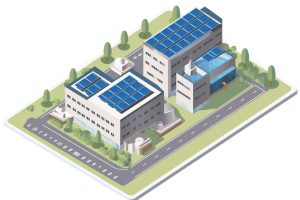South Africa’s energy world is facing big problems, with frequent power outages making life tough for everyone. Eskom, the main electricity provider, has warned that the power grid is fragile after several units failed, putting the country at risk of more blackouts. However, there is hope with the new Kusile Power Station, which will soon add a lot of electricity to the grid and help the country move towards cleaner energy. This project not only aims to solve immediate power issues but also shows South Africa’s commitment to better air quality and sustainability. Despite the progress, the road ahead is still challenging, and Eskom must keep a close eye on the situation to ensure a brighter energy future.
South Africa’s commitment to nuclear energy is evident in its Koeberg Extension Project. The project aims to extend the life of the Koeberg nuclear power station by 20 years, ensuring the country’s energy future. Koeberg provides 5% of Eskom’s power generation and is a crucial element in South Africa’s energy ecosystem. The project highlights the country’s technical expertise and dedication to developing domestic talent.
Cape Town recently held the Energy Water Waste Forum, which brought together city authorities and industry experts to find solutions to energy challenges while balancing economic expansion. The city has set ambitious goals to become carbonneutral and climateresilient by 2050, with a focus on enhancing energy efficiency. The forum was a strategic collaboration and marks a significant step towards a more sustainable and economically prosperous future for Cape Town.
South Africa is working hard to secure its energy future by upgrading and diversifying its infrastructure. This includes tapping into renewable resources, nurturing innovation, and building collaborations to stimulate economic growth and provide affordable energy. Recent advancements include bringing inactive units online, implementing the Standard Offer Programme, and investing in renewable energy and battery storage systems. The government is also planning to procure an additional 2,500 MW of new nuclear capacity and create an Independent Transmission Project Office to attract investment in transmission infrastructure. The focus is on empowering citizens and ensuring equitable access to energy.
Load shedding, or the intentional power outages due to an imbalance between electricity supply and demand, is not just a local problem but a global energy conundrum. The issue affects countries like South Africa and Cyprus, with the latter benefiting from the European Union’s robust framework to ensure energy security. The challenge of load shedding highlights the importance of diversifying energy sources and fortifying infrastructure to avoid power crises and achieve a sustainable future.
This article explores international perspectives on load shedding, from Cyprus’ shift towards renewable energy to the European Union’s interconnectivity initiatives. South Africa’s struggles with load shedding are also discussed, highlighting the need for strategies to address energy crises. Ultimately, international collaboration and sustainable solutions are crucial for a resilient energy future amidst geopolitical complexities.
Revolutionizing South Africa’s Energy Crisis: Premier Mxolisi Dukwana Leads Landmark Free State Summit for a Sustainable Tomorrow
The South African province of Free State, led by Premier Mxolisi Dukwana, is preparing for a groundbreaking Energy Security Summit taking place in Bloemfontein on November 2, 2023. With its theme “Energizing the Future,” the summit strives to discover lasting energy answers and stimulate economic growth by encouraging cooperation between the government, higher education institutions, and private businesses. Over 500 delegates are anticipated to attend, providing an exceptional chance for specialists, academics, policymakers, and potential financiers to participate in productive discussions and establish partnerships for a cleaner, more thriving tomorrow.
South Africa has experienced frequent power outages or blackouts in recent years, disrupting businesses and homes. The energy crisis has hit the Western Cape hard, prompting the government to take significant steps toward making its facilities energyresilient and protecting critical services from blackouts.

